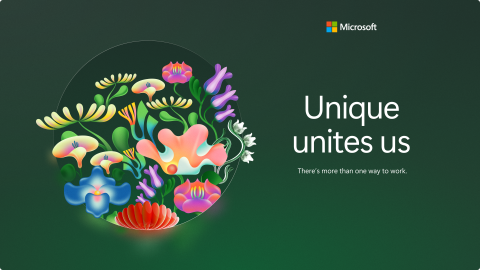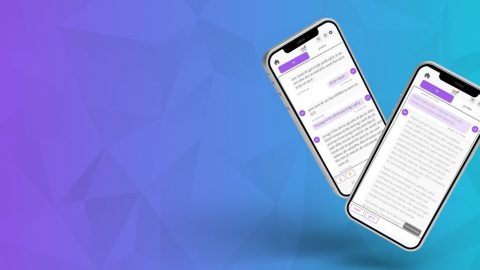Microsoft Asks People to “Do 1 Thing”
The following blog post was written by Ellen Kampel, Public Relations Manager for Accessibility at Microsoft. Ellen holds a Masters in Social Work (MSW) and works on technology issues related to aging and people with disabilities.
—–
Microsoft asks people to “Do 1 Thing” to protect their digital lifestyle on Safer Internet Day
As individuals, we make a point to talk with our kids, parents, and grandparents about managing potential risks that affect our daily lives. Addressing online risks is no different. Education and diligence are key to help ensure safer digital experiences for yourself and others. And, it’s never too late to start or improve our online habits.
Today is Safer Internet Day (SID). Microsoft is a long-standing supporter of this international campaign that promotes a healthy Internet for everyone. Organized by Insafe, and co-founded by the European Union, SID encourages responsible use of online technologies and services. In 2014, Microsoft is once again helping to promote appropriate online behavior, under SID’s 2014 theme “Let’s create a better Internet together.”
With Microsoft products, older adults and people with disabilities can personalize their digital devices to make them easier to see, hear, and use. As people enjoy more engaging digital lifestyles, we must also be proactive about customizing settings and modifying our behaviors to make the Internet a safer neighborhood, regardless of the activity.
Safer Internet Day is a great time to take stock of our online habits. Microsoft is asking you to #Do1Thing to stay safer online. Visit our new website—microsoft.com/saferonline—to share your promise, helping to create a better Internet for all. Then ask your family, friends, and social circles to share their #Do1Thing story. By doing so, you will help raise funds for TechSoup Global – a nonprofit organization using technology to solve global problems and foster social change.
Below are additional steps you can take to improve your safety in the digital world.
Defend your devices. Keep all your software, including your web browser, current with automatic updating. Install legitimate antivirus and antispyware software. Protect your wireless router with a password. Use flash drives cautiously. Microsoft can help build your computer’s defenses.
Find your computing safety score. In conjunction with SID, Microsoft released the results of its third annual global Microsoft Computing Safety Index (MCSI). Test your online safety IQ by taking the abbreviated MCSI survey.
Safeguard your devices and online accounts with strong passwords. Make your passwords long phrases or sentences that mix uppercase and lowercase letters, numbers, and symbols. Avoid using the same password everywhere. It’s OK to store passwords on a well-protected piece of paper away from your computer. Microsoft can help you create stronger passwords.
Use email safely. Watch out for surprise messages that you have won a lottery, need to send money to your grandchild or family member, or help a distant stranger transfer funds. Other clues that may indicate the email is fraudulent include notices of account closure, misspellings, and grammatical errors.
Stay alert to phishing scams. Phishing refers to attempts to acquire unauthorized personal information, such as passwords, usernames, or information about credit cards or bank accounts. These scams appear as urgent requests, from a “trusted” source, such as a bank or a favorite charity. Learn about various types of phishing scams.
Now it’s your turn to share your #Do1Thing story and continue the conversation today. Together, we can make the Internet a safer and better place.








